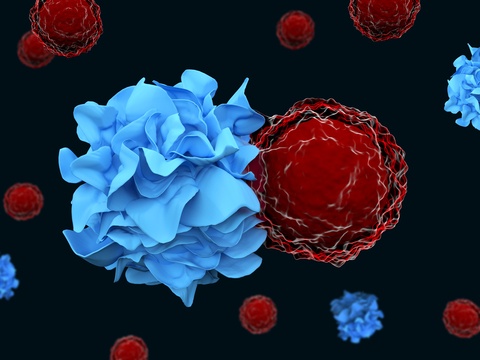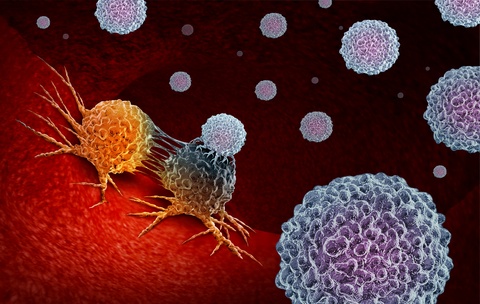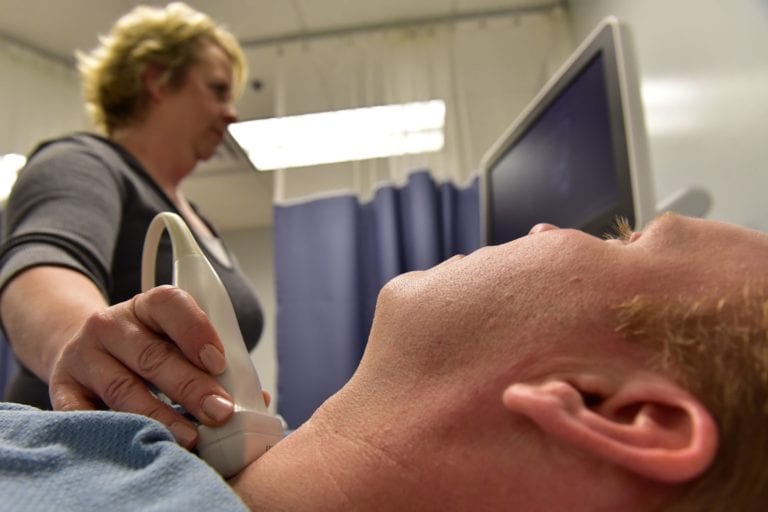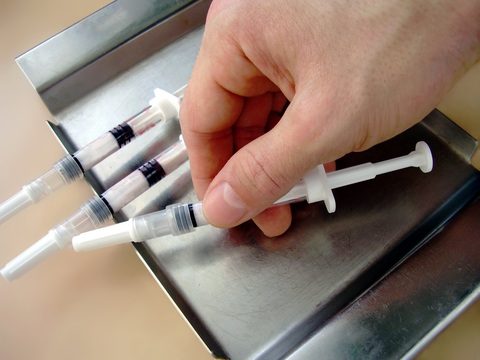New Mesothelioma Clinical Trial Will Test Personalized Immunotherapy
A Dutch company has recruited the first patients into a pivotal mesothelioma clinical trial of autologous dendritic cells. Dendritic cells are immune system cells that work as messengers. They help tell T cells to attack cancers like malignant mesothelioma. The new mesothelioma clinical trial will test using the patient’s own dendritic cells (autologous cells) as a way to keep cancer from coming back after mesothelioma treatment. Expanding Mesothelioma Treatment Options There is only one approved treatment for malignant pleural mesothelioma. This “standard of care” treatment is chemotherapy with Alimta (pemetrexed) and cisplatin. Although most mesothelioma patients receive this treatment, very few live longer than a year after diagnosis. A Netherlands-based company called Amphera is trying to change those odds. Its…








